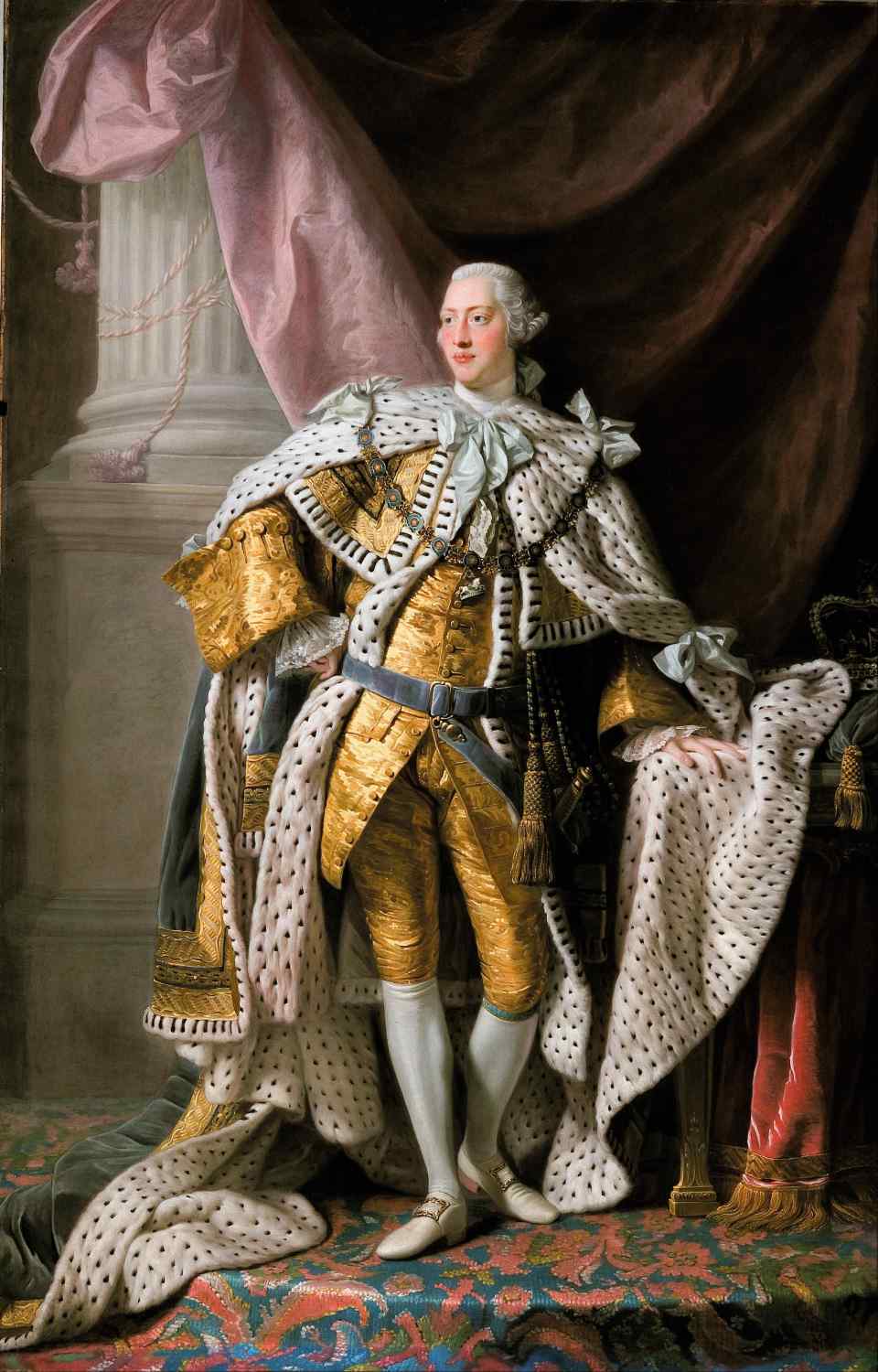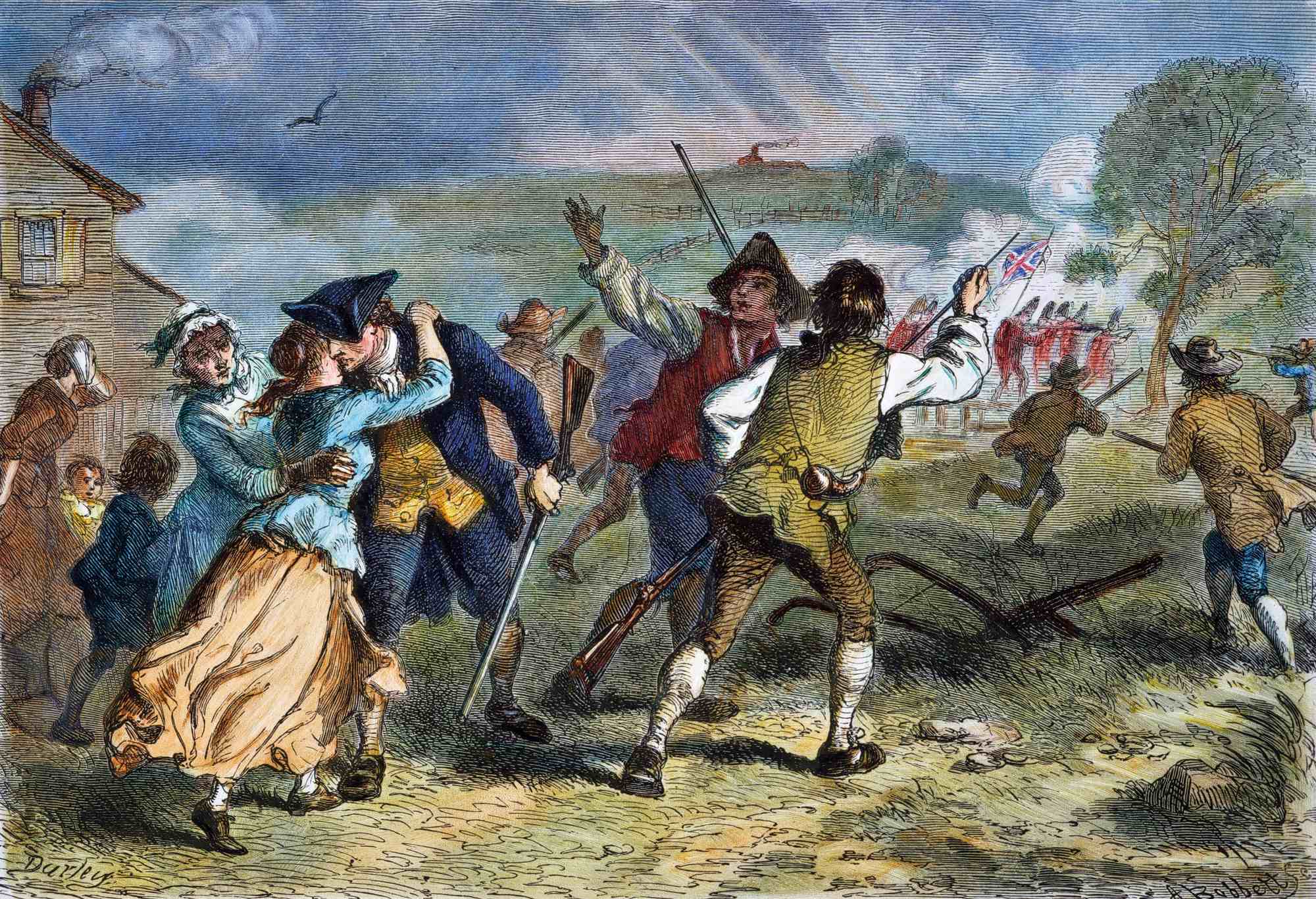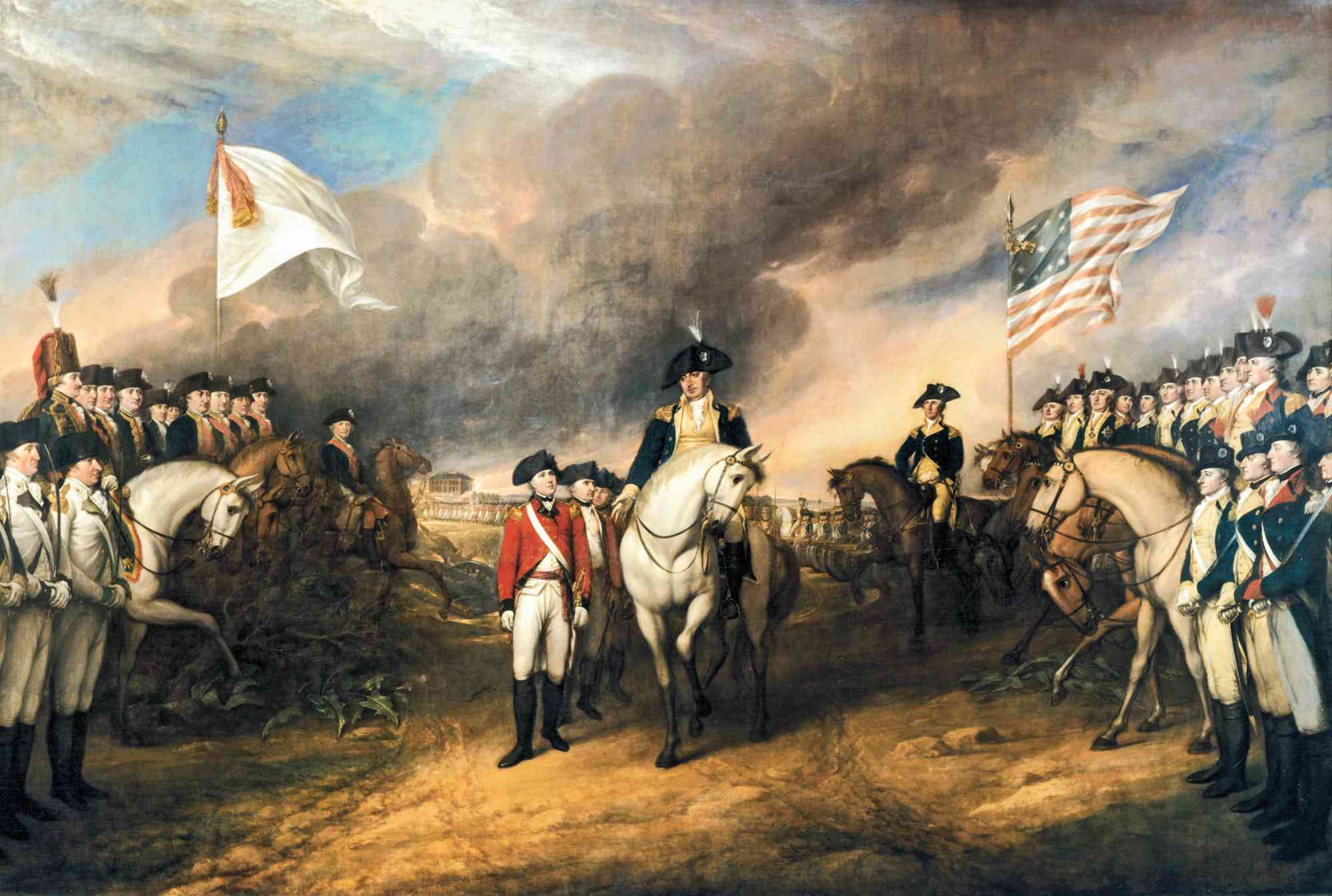North Pole-Axed Too Late
Prime minister to King George III: Lord North | Image by: North Wind Picture Archives / Alamy Stock Photo
Lord Roberts of Belgravia
5 min read
Lord North was ill-suited to being a wartime prime minister but it took parliament seven years to replace him by which time America was lost. On the 250th anniversary of the start of the Revolutionary War, Lord Roberts of Belgravia explains why
“The loyalties which centre upon number one are enormous,” Winston Churchill said of the premiership. “If he makes mistakes they must be covered. If he sleeps he must not be wantonly disturbed. If he is no good he must be pole-axed.”
The American War of Independence, which broke out 250 years ago at Lexington and Concord in Massachusetts on 19 April 1775, contradicts Churchill’s dictum. Lord North was a popular and good-natured peacetime premier but faced with the exigencies of a harsh war fought 3,500 miles away, he fairly quickly turned out to be a completely hopeless wartime one. Yet it was almost seven years before he was pole-axed, almost the whole length of the war. Why?
 King George III in coronation robes, 1761 |Image by: The Artchives / Alamy Stock Photo
King George III in coronation robes, 1761 |Image by: The Artchives / Alamy Stock Photo
A recurrent feature of British wartime ministries is that peacetime premiers who take the nation into major wars do not survive in office. Lord Aberdeen was replaced by Lord Palmerston during the Crimean War, Herbert Asquith by David Lloyd George during the Great War, Neville Chamberlain by Winston Churchill during the Second World War. The very attributes that made them premiers in times of peace – emollience, charm, reforming zeal, and so on – are discounted in wartime compared to those that seem more fitting in wartime, aggression, strategic sense, uplifting oratory, and so on.
That was certainly the case with Lord North, who had been in power since 1770 and who showed no appetite whatever for the kind of exertions necessary to prosecute the kind of tough, all-out total war that would have been necessary to prevail against the American colonists.
There are five main reasons why it took parliament seven years to overthrow North, which the House of Commons finally did by threatening a confidence vote on 20 March 1782, (North sat in the Commons with a courtesy title; his father was the 1st Earl of Guilford.) The first and most obvious was simply that MPs and peers liked Frederick North; he was a genial figure who had achieved that seemingly impossible thing in British politics – to get to the very pinnacle without having made any personal enemies.
The second reason for his political longevity was that it took some time before it became clear that Britain might lose the war; at Bunker Hill in June 1775 the colonists ceded the battlefield, retreated, and the Americans failed to invade Canada the following year. Even the surrender of the British army at Saratoga in October 1777 was followed by some unequivocal British victories, such as the capture of Charlestown in May 1780.
 Battle of Concord, 19 April 1775 | Image by: The Granger Collection / Alamy Stock Photo
Battle of Concord, 19 April 1775 | Image by: The Granger Collection / Alamy Stock Photo
The third reason was the Gordon Riots of June 1780, which destroyed more of London than anything else between the Great Fire and the Blitz. Around 600 people died in a week of anarchy, and the firm measures eventually taken to suppress the rioting strengthened North’s ministry.
North had been a childhood friend of the king’s and it was even rumoured that they were brothers
Until 1782 the parliamentary opposition to North was weak and divided. Although Charles James Fox led an important faction of the Radical Whigs, it was only ever that. Others who considered themselves potential successors to North – such as the Marquess of Rockingham, the Earl of Shelburne and the Duke of Portland – led factions that never wholly coalesced until March 1782. All three peers were proved right about their prospects, as each held the premiership over the next 19 months, before William Pitt the Younger began his marathon, 17-year-long premiership in December 1783.
It was not until the catastrophe of Lord Cornwallis’ defeat and surrender at Yorktown in October 1781 that it dawned on parliament that North had no path left to victory in America, yet even then British control over Charleston, New York City and Providence, Rhode Island, meant that the nascent United States could not become a fully-functioning maritime trading nation until a peace treaty was signed nearly two years later.
 The Surrender of Lord Cornwallis, by John Trumbull, 1820 |
The Surrender of Lord Cornwallis, by John Trumbull, 1820 |
Image by: incamerastock / Alamy Stock Photo
North’s political survival for a full six months after Yorktown was down to the fifth, and by far the most important, factor in his ability to defy political gravity: King George III. North had been a childhood friend of the king’s and it was even rumoured that they were brothers, as the result of an alleged affair between George’s father and the Countess of Guilford. The king either disliked or distrusted all of North’s possible successors within the government, and despised most of the ones in the opposition, while retaining a special (fully reciprocated) loathing of Fox.
For years, George III refused to countenance losing North for lack of an acceptable replacement, despite him begging the king to be allowed to resign on no fewer than 31 occasions, so much did he hate the job. The climacteric came on 20 March 1782 when Fox threatened a confidence vote and North resigned, without the king’s permission. One of the guests at dinner at North’s home that night wrote that, “No man ever showed more calmness, cheerfulness, and serenity.” Nothing in office became Lord North like the leaving of it.
Lord Roberts of Belgravia is a Conservative peer and author of George III: The Life and Reign of Britain’s Most Misunderstood Monarch
